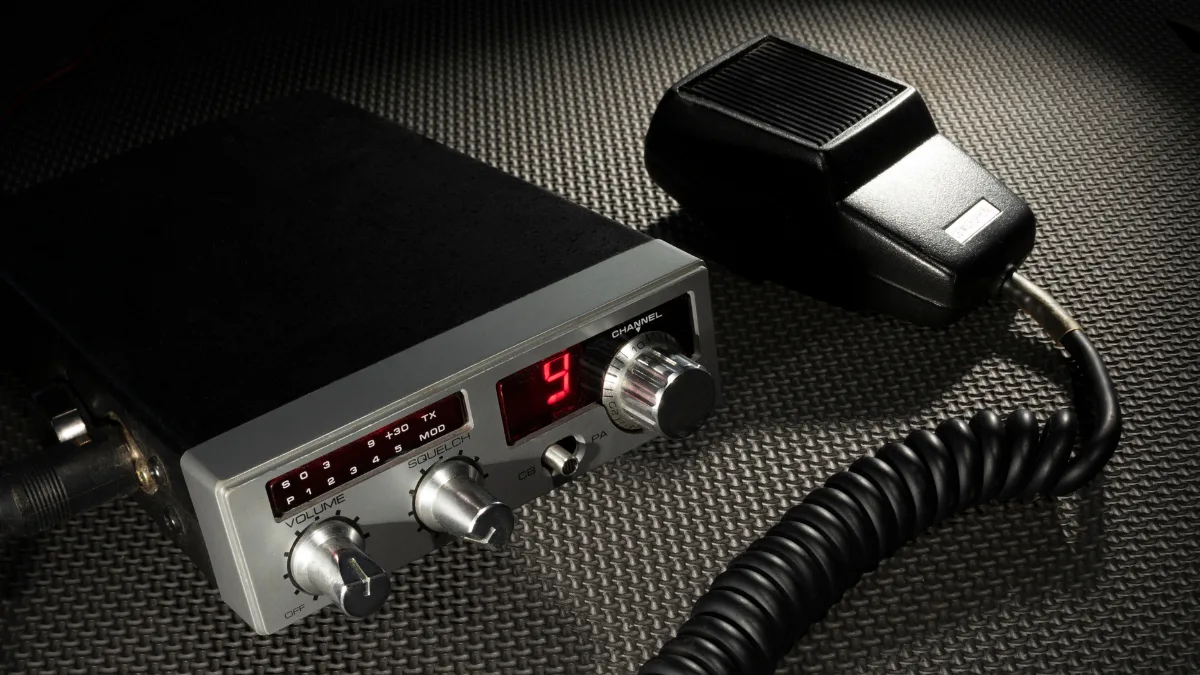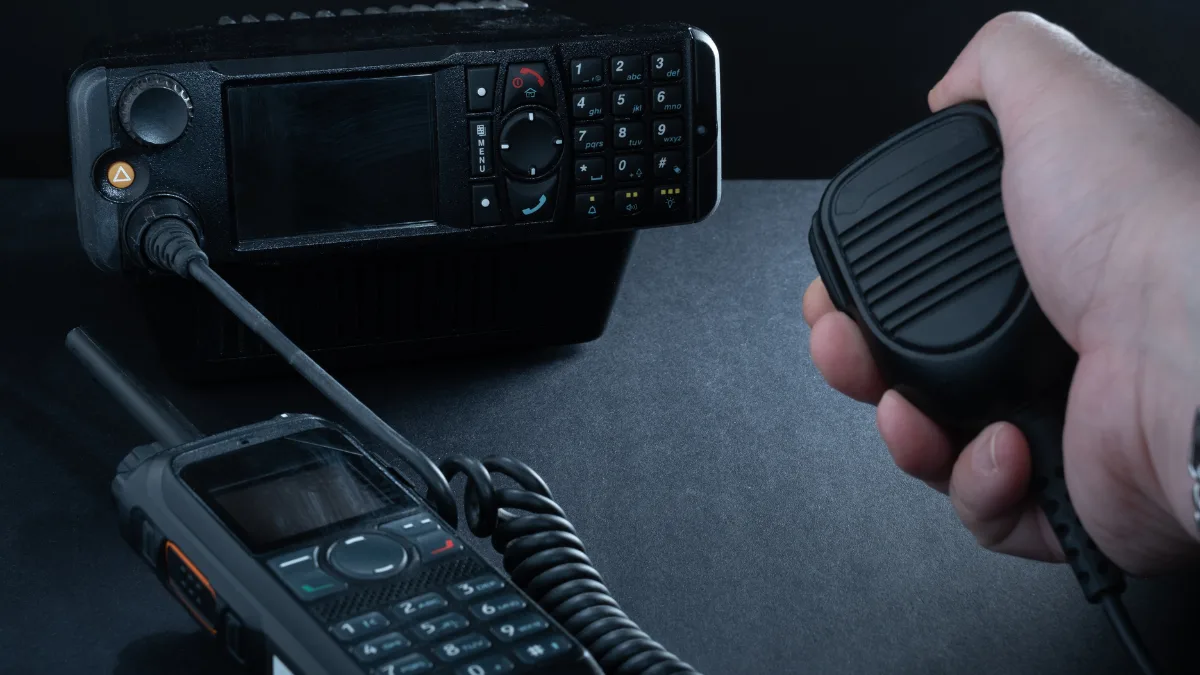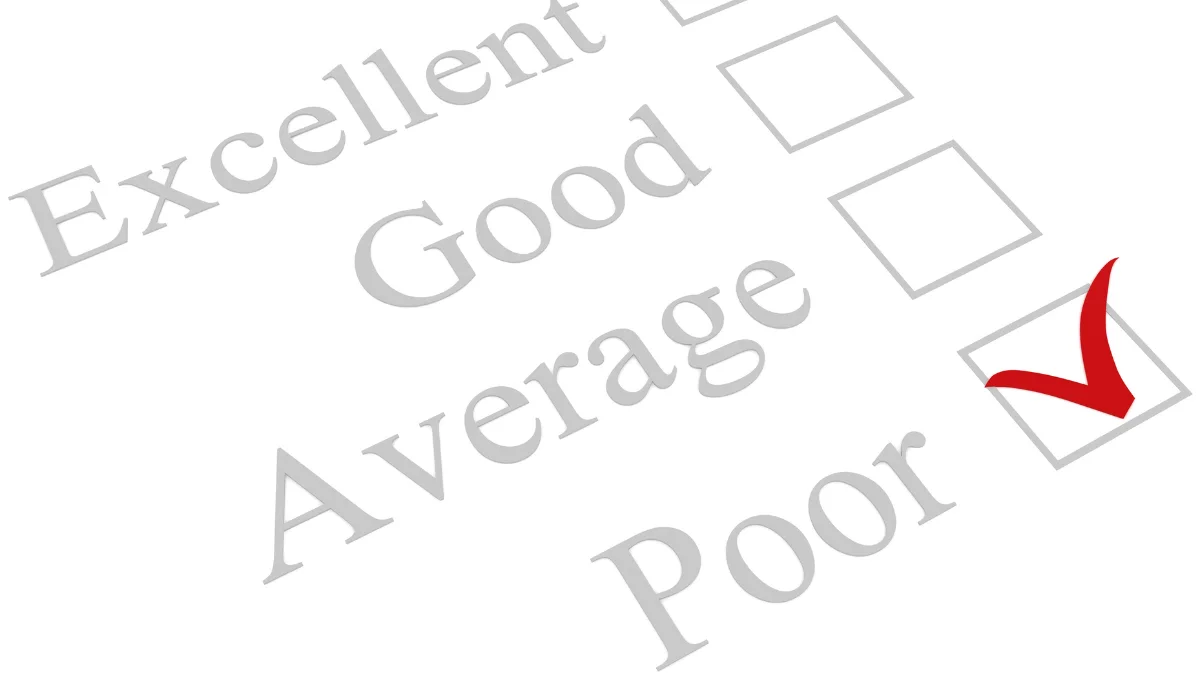A radio QRP offers numerous benefits, including the ability to communicate using very low power. However, the advantages and disadvantages of radio QRP cannot be easily separated, even though the benefits are evident.
The advantages and disadvantages of radio QRP, which include compact portability, reduced interference, poor audio quality, and limited range, may be factors to consider when deciding whether to use it.
This article will inform you about some of the advantages and disadvantages of radio QRP that you can consider.
The Advantages and Disadvantages of Radio QRP

Like any other technology, a radio QRP has several advantages that can be utilized and disadvantages to consider.
The advantages of a radio QRP include compact portability, reduced interference, and lower costs, while the disadvantages include poor audio quality, limited range, and the requirement of additional skills. Here are the advantages and disadvantages of radio QRP:
The Advantages of Radio QRP
Here are some advantages of a radio QRP:
1. Compact portability

One of the advantages of radio QRP is its compact portability. These radios are smaller and lighter, making them ideal for carrying to remote locations such as islands or mountains for emergency or research purposes.
2. Reduced interference
Reduced interference is another key advantage of QRP devices. With lower power output, these devices cause minimal electromagnetic interference (EMI) to other radio users.
3. Satisfaction from the challenge
Using a radio QRP requires its own set of challenges and experimentation to communicate with very low power. The success of this endeavor undoubtedly brings satisfaction and learning opportunities for users of these devices.
4. Lower costs
Another advantage of QRP devices is their lower cost. With lower power consumption compared to standard radios, these devices are more affordable than high-power models. This makes them a cost-effective option for amateur radio enthusiasts.
The Disadvantages of Radio QRP
Here are some disadvantages of a radio QRP:
1. Poor audio quality

One of the drawbacks of radio QRP is its poor audio quality. Low power results in weak signals, which affects audio quality. You will need to use external speakers to obtain better quality.
2. Limited range
Limited range is another drawback of QRP devices. The shorter communication range is due to the low transmission power. The use of this device also heavily depends on ionospheric propagation conditions.
3. Dependence on antenna and environment
Radio QRP is highly dependent on antenna quality and the environment. An inefficient antenna will result in limited and poor range. Weather factors such as heavy rain can also affect the device's performance.
4. Requires additional skills
As we know, using this device requires experimentation and learning. Therefore, if you want to try this device, you must have skills in antennas, power adjustment, and broadcasting techniques.
Those are the advantages and disadvantages of radio QRP to consider before deciding to use one.
Despite its limitations, the radio QRP has compact portability, reduced interference, and lower costs. [UN]